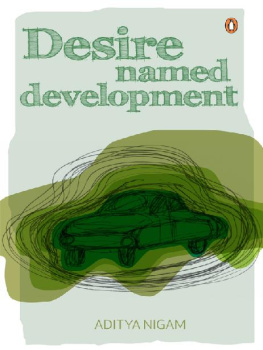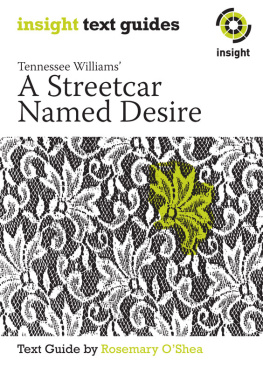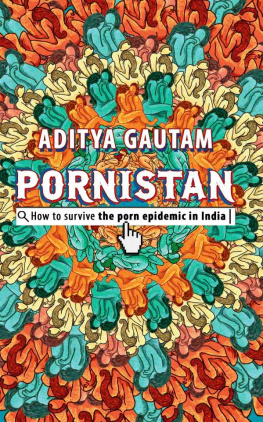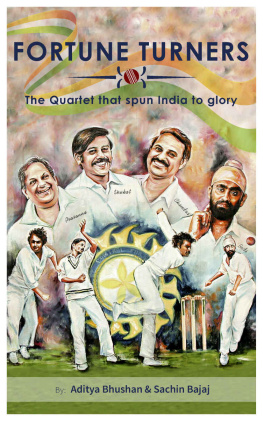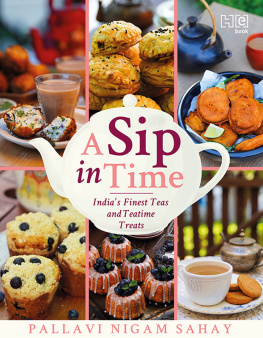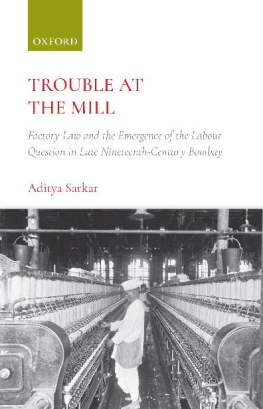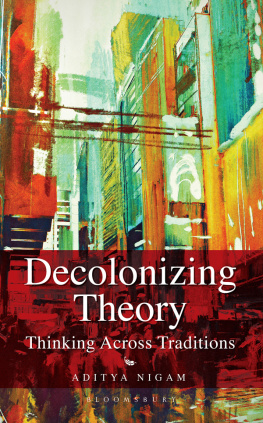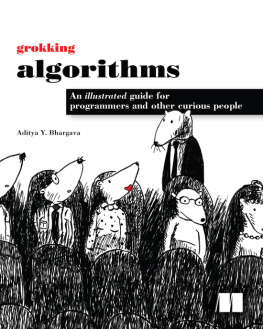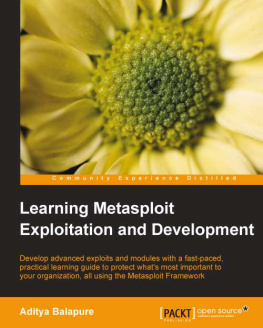ADITYA NIGAM
Desire Named Development
PENGUIN BOOKS
Contents
PENGUIN BOOKS
DESIRE NAMED DEVELOPMENT
Aditya Nigam is a fellow of the Centre for the Study of Developing Societies (CSDS), Delhi. He works in the broad field of social and political theory and is the joint director of the programme in social and political theory at the CSDS. He is interested in issues related to the formations of modernity and the emergence of political subjectivities. He has published regularly on questions of nationalism, identity and radical politics in both English and Hindi. His work looks at the contemporary experience of capitalism and globalization in the postcolonial world. Nigam is the author of The Insurrection of Little Selves: Crisis of Secular-nationalism in India; Power and Contestation: India Since 1989 (with Nivedita Menon); and After Utopia: Modernity and Socialism in the Postcolony .
For Nivedita, for another world
Tilism-e-Hoshruba: Dreamworld of the Consumer
Once upon a time, human beings produced in order to survive. Then they started producing, with ever-greater refinement, for comfort, enjoyment, and spiritual and aesthetic pleasure. Today, consumption is the activity that determines us; it defines who we are. Economies no longer simply produce objects or commodities for consumption; they also relentlessly produce the consumer on a daily, hourly basis.
The consumer is neither simply a person who consumes in order to survive, nor is she the rasik who partakes of aesthetic enjoyment for the sheer pleasure of it. She is also not simply one who just wants to make life a little more comfortable and easy by spending and buying things of utility, comfort or even luxury. The consumer no longer buys a car that will survive a lifetime, but must be possessed by the thought of buying one and keep track of every new model that comes along. The consumer has to want to change cars like one changes clothes. The consumer is someone who lives to buy; who buys first and then thinks about where the payment will come from. The consumer is a special creature, a product of recent times, one who consumes and must consume in order that the economy may live and prosper. If the consumer ceases to be a consumer, economies can find themselves in crisis. Strange though this may sound, it is not the economy that exists for the sake of the consumer; rather it is the latter that exists for the well-being of the former.
A case in point is the recent debate (September 2009) sparked off by the austerity measures introduced by the United Progressive Alliance (UPA) government in the wake of the recession in the global economy. These measures, quite mild in themselves, entailed some curtailment of expenditure by officials and elected representatives. Sections of the corporate media that have been actively campaigning for probity in public life and have often exposed the unnecessary squandering of public money by government officials, however, went into a tizzy this time. As one English daily put it in an agitated editorial comment, the concern is that now a nominally reformist party and government are trapped into a spiral of moral correctness that is rapidly taking on anti-aspiration, anti-rich overtones. The fear, as the editorial correctly noted, was not about certain party leaders wanting to live simply; it was that, in some indirect way, austerity and simplicity were being exalted. In other words, this step was sending out a message that could potentially discourage consumption. We could ask: If some people want to live in luxury, it is indeed their prerogative, but why all this anxiety about others who want to live in simplicity? The answer, of course, is that were this to happen and more and more people were to start enjoying a simple, non-consumerist life, the economy would be in crisis.
Economies now no longer produce for needs, however broadly defined. They produce for strange entities like the Sensex or the GDP (Gross Domestic Product), which have little to do with what ordinary people produce or consume. The Sensex must be kept flying high like the national flag, lest people who should be buying suddenly start selling, for that is a sure sign of crisis. The GDP, an entity that is just about seventy years old, has to keep going up and it can continuously go up even when peoples conditions worsenfor instance, in a war!
Becoming a consumer is not a simple and natural affair. We are not all naturally consumers. We become consumers . We are made consumers. In late modern societies, there is a whole elaborate network of systems, processes, apparatuses and relations that keep working in order to produce the individual as consumer. The individual is thrown into a world of fantasy, whose lifeline is creditanother of those magical things that entice you into the Dreamworld and lure you into becoming a consumer. Economies in the early twenty-first century would not survive for a day if people were to simply buy what they can affordin other words, if they were to cease to be consumers. Credit agencies and sellers who seek you out to offer cheap credit, credit-card agents who offer attractive terms, advertising billboards that beckon you to holiday in style, builders and developers who introduce you to a future utopia that can be yours, the neon lights and the phantasmic night world of the city that carry you into nowhere, the agitated editorial writer, your favourite film stars or cricketers who invite you on behalf of the company that has bought them and whose brand ambassadors they areall of these form part of a loose but rapidly spreading network of relationships that make you a consumer. A car company that invites you to drive home a relationship is not necessarily lying. It is actually trying to enrol you in a relationship as a loyal brand consumer.
The idea of consumer sovereignty is the biggest myth invented by neo-liberalism. The consumer is precisely a consumer to the extent that s/he has surrendered to the magical beings of this Dreamworld of Consumption.
In the compendium of tales, the Dastan-e-Amir Hamza , there occurs a mention of the Magical Land of Hoshruba (literally, that which enchants the senses). Hoshruba has been described as a land of dazzling illusions and occult realms, inhabited by powerful sorceresses and diabolic monsters. Hoshruba, in our late modern times, is this Dreamworld of Consumption inhabited by seductive commodities and images, the glittering lights of the shopping mall, neon signs of global brands and advertisement billboardsall of which have a life of their own. People enter this land and consume. And they go back convinced by these magical beings that theythe consumersare the real sovereigns.
This fantasy ends the moment you fail to pay the EMIyour life turns into a veritable hell, the likes of which you might not have imagined in your wildest dreams. But that is another matter. Every society must have the strictest punishment for defaulters and there is nothing wrong with it. After all, you have willingly entered into this deal, with open eyes.
What we know as Development today, in twenty-first century India, is a story of the production of the consumer so that something called the economy can flourishwhich, incidentally, has very little to do with people being fed and clothed. And at the very heart of this story is the automobile.
The Automobile of Desire
We do not drive the automobile; the automobile drives us. The automobile is the Desire that drives us, for it embodies all our other desires: for control, for speed, comfort, for privacy on the street, for the good life. But it was not always so. Once upon a time, humans did drive cars; just as we were not always consumers. But that was long, long ago. So long ago that we barely remember it.



